11 Data Storage Predictions For 2011
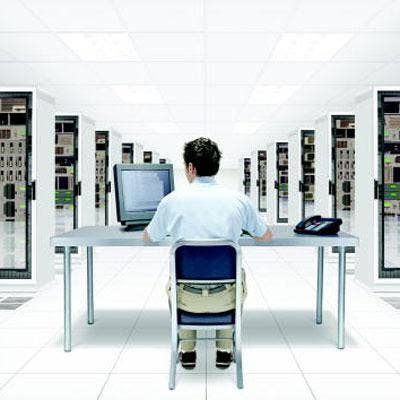
Data Storage 2011: Get Ready For A Heckuva Change
Consolidation of vendors, convergence of technologies, clouds and changing job skills will make 2011 not only a year of change for solution providers, but one in which they will be called on to make bets on technologies and skills that could make or break their businesses.
2011 will not be a good year for the timid. Nor will it be a good year for making the wrong bold decision. But it will be a year of investment in preparing for a brave new world of in the storage industry.
Exciting, huh?
Turn the page to see just how exciting it might be. . . .

Who To Buy?
2010 was a big year for storage consolidation, as HP acquired 3PAR, EMC acquired Isilon, Dell said it will acquire Compellent and others acquired a multitude of smaller vendors.
That consolidation should continue into 2011. But who's left to buy?
There are any number of tiny storage vendors, many of them startups, and most of them focused on a single feature. But for more mainstream storage vendors, look for one or more of these to get acquired in 2011:
Xiotech -- The last large block storage vendor (not counting EMC or NetApp).
NetApp -- NAS and SAN storage that holds its own against EMC.
CommVault -- Largest data protection software vendor able to compete against Symantec.
EMC -- Good storage play, big VMware play.

Who Will Buy?
HP, EMC and Dell may be satisfied enough with digesting their new acquisitions for the time being to go out and make a major purchase. But in 2011, expect one or more of these to make a major acquisition:
Oracle -- It has Sun and (and Oracle Chairman/CEO Ellison has Pillar Data), but Oracle needs something bigger to go with its Sun servers.
Cisco -- It probably won't go for a big buy to avoid hurting its EMC and NetApp relationships, but it may make a few small buys to bolster its UCS offering.
IBM -- It may not be on the prowl for a major acquisition, but would certainly react if a major vendor like EMC or NetApp were acquired.

Hybrid Storage Clouds Come Down To Earth
Cloud-based storage is one of the easiest ways for a solution provider to get into the cloud business because several channel-only vendors offer turnkey software solutions.
This will get even easier in 2011 as vendors continue to roll out more complete cloud storage solutions including all the necessary software along with an appliance and even a backup cloud. For instance, Seagate's i365 in November unveiled a turnkey cloud storage solution which includes an appliance which sits in the VAR's data center to act as a cloud for customers. If a customer server or array crashes, the VAR can rush over with a portable hard disk to provide immediate recovery. And, if the appliance crashes, no problem, as its data is backed up to i365's cloud.
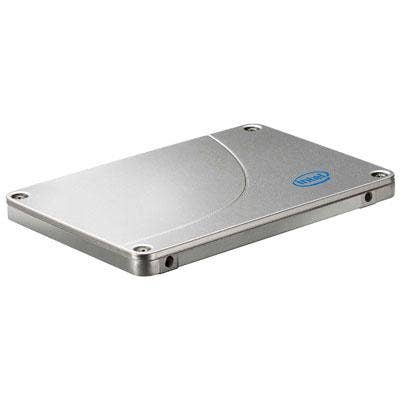
SSD And Flash-based Storage Adoption Really Takes Off
With the quickly falling prices of Flash memory and the quickly rising number of vendors bringing SSDs and Flash memory modules to market, the final barriers to the widespread adoption of these technologies have been breached.
Where the technologies are used will vary. Customers will put SSDs in arrays in place of spinning disks to serve as primary storage, or they will put SSDs in front of arrays to serve as a storage cache, or they will put Flash storage modules inside their servers for really, really fast local storage and application performance. Some will even start purchasing portable PCs with SSDs instead of hard drives.
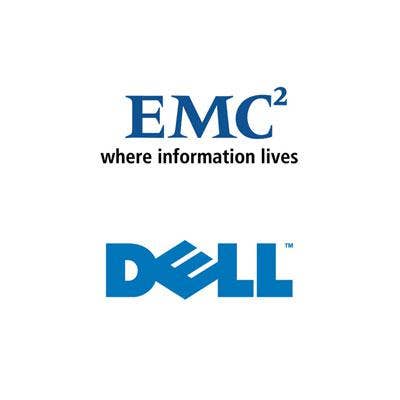
The EMC-Dell Break Will Be Open
Dell was once EMC's biggest reseller partner, and accounted for up to a quarter of EMC's Clariion storage array sales. However, with Dell's attempted acquisition in August of 3PAR, and its year-end acquisition bid for Compellent, it is signaling to EMC that it no longer needs the Clariion line to succeed in the midrange.
EMC knows what's going on. Both Joe Tucci, EMCs president, chairman, and CEO, and Darren Thomas, Dell's vice president and general manager of enterprise storage, have publicly stated that the EMC-Dell relationship has changed. And EMC early next year is expected to introduce new lower-end versions of its Clariion arrays that will likely target a large segment of Dell's storage business.

Storage Spending, Capacity To Grow, But. . .
Storage spending should grow in 2011, continuing the strong growth the industry saw in 2010 as the sluggish economy woke up. But whether it will return to the highs seen before the recession is in doubt. Total storage capacity will grow strongly in 2011, but the continuing drop in cost-per-gigabyte will tamper any rise in revenue.
At the same time, expect the rise in capacity sold to be tempered somewhat by the increased use of such technologies as deduplication and thin provision, which will allow solution providers to tell customers, "Let me show you how to improve your storage without you needing to buy any more hardware."

Virtualization Everywhere
The continuing growth of VMware and Microsoft virtualization technology will have customers scrambling for ways to better back up not only data but also their virtual machines.
The biggest change for 2011 will be an emphasis on backing up virtual machines built using Microsoft Hyper-V. Several vendors have already developed technology to back up virtual machines in VMware environments because of that company's overwhelming dominance of the virtualization market. But the fast growth of Hyper-V, albeit from what is still a tiny installed base, will push backup software developers to do the same for Microsoft-based virtualization environments.
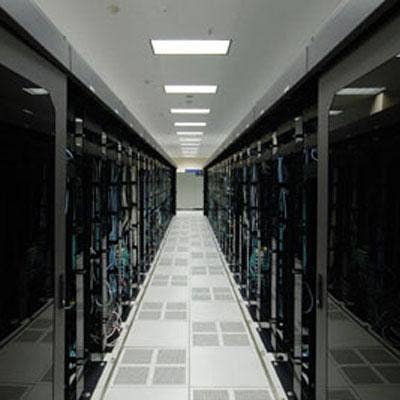
People Problems
Solution providers with expertise in helping customers reduce the cost of their storage infrastructures will find business to be very, very good in 2011. However, how well they can take advantage of that depends on finding the right people. And that will be a huge issue in 2011.
Solution providers will be competing with their customers to find personnel who have a range of skills that five years ago were barely on the radar but which today are essential for building modern storage infrastructures: virtualization, cloud computing, data security and more.
Efforts are underway to help train and certify storage and cloud professionals. But until enough properly trained people come to the channel, this will be a big barrier to growth for solution providers.

Convergence? Be Prepared To Place The Right Bet
Cisco, HP, Oracle, Dell, Hitachi Data Systems, IBM and others are working to bring two or more key technologies, including storage, servers, networking or software applications, together as a converged infrastructure to get a lock on the data center and on the customer's eventual choice of a cloud provider.
This convergence is good news for enterprise solution providers focused on a specific vendor, not so good for those with multiple vendor partners. Solution providers will need to look at their line cards and determine where to place their bets in 2011. Will you go deep with a single vendor? Invest in the resources needed to juggle two or three primary vendors? Or provide best-of-breed products from multiple vendors?
Not answering this question could be the worst answer of all.

Encryption Will Be Less Of An Option, More Of A Requirement
There are many reasons to encrypt data when stored or in transit between storage devices, and multiple ways to do it, including on the network, on the array and on the individual hard drive.
With the coming importance of the cloud for storing data, 2011 will see a new emphasis on encrypting data, both as it sits on the cloud and while it is in transit to and from the cloud.
Users understand the need for encryption technology, but many avoid it because of the cost or the extra processing overhead, whether these are actual issues or not. But for the cloud, there's no more avoiding it if they want to ensure their data is secure from loss or theft.
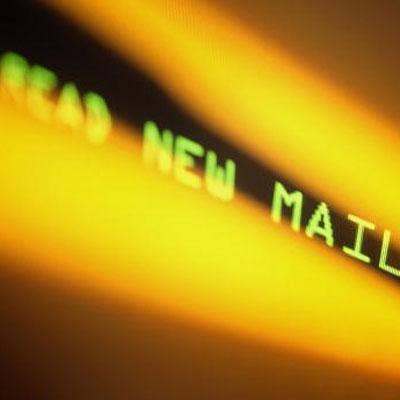
Email Archiving To Become A Must-Have
Solution providers who have not yet added email archiving to their tool belts need to have a good talk with their storage vendors, as this will become a must-have technology to have in 2011.
Email archiving will increasingly include such features as stubbing (moving the emails and attachments to a secure server, and replacing them with a subject line, or stub), cloud storage and integrated business continuity (so users can get access to the emails if the data center crashes).